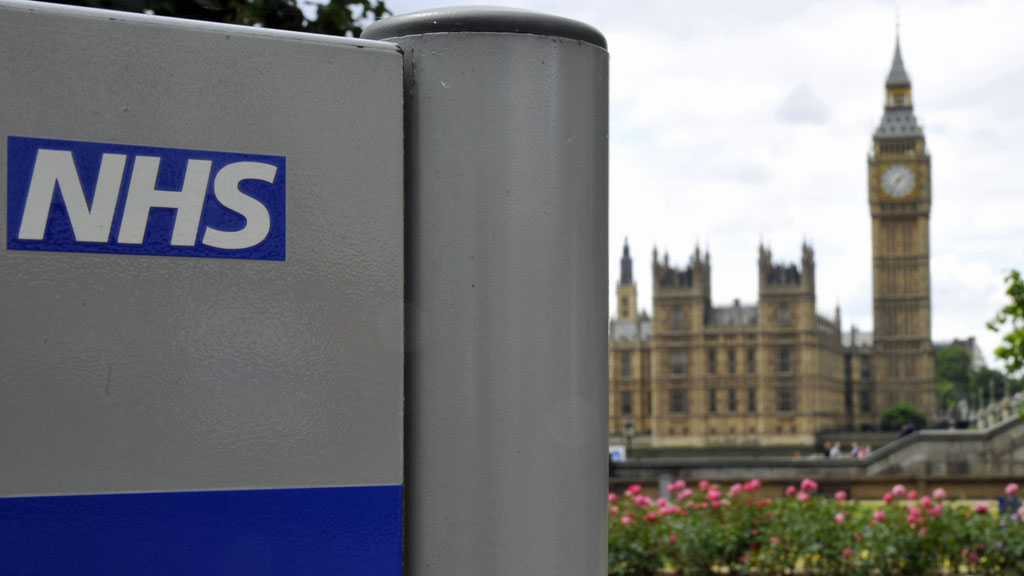Berwick report: NHS staff responsible for ‘recklessness’
A major review aimed at introducing a “zero-harm” culture into British hospitals calls for a change in the culture of the NHS.

The study, by Professor Don Berwick, suggests continually improving patient safety should “permeate every action and level in the NHS”.
Professor Berwick, an expert in patient safety, warns that changing the culture of the NHS will “trump” any new rules and strategies. He was tasked with a root-and-branch safety review of English hospitals by Prime Minister David Cameron.
The report follows the Francis inquiry into the scandal at Mid Staffordshire NHS Foundation Trust, where between 400 and 1,200 more patients died than would normally be expected.
Where there is wilful or reckless neglect of patients, there needs to be consequences. Report by Prof Don Berwick
He set out a number of measures, including criminal sanctions for staff who wilfully neglect patients and adopt a “couldn’t care less attitude”, causing injury to patients.
“Where there is wilful or reckless neglect of patients, there needs to be consequences,” he said, but suggested that sanctions should only be used rarely for a “very small number of cases”.
‘Stringent criteria’
Staff will face criminal sanctions only if “very, very stringent” criteria are met which establish wilful or reckless neglect. “Let me make it clear, we do not believe this particular type of enforcement should have to be used more than very rarely.”
Accidental errors would not be subject to prosecution under the new system, but organisations misleading regulators or hiding evidence would face criminal sanctions.
The report said: “Achieving a vastly safer NHS will depend far more on major cultural change than on a new regulatory regime.”
Achieving a vastly safer NHS will depend far more on major cultural change than on a new regulatory regime. Report by Prof Don Berwick
A former adviser to US President Barack Obama, Prof Berwick said: “Nothing will be more important than the voice of parents and carers.”, And he called on the NHS to end “tokenism” on the issue of listening to what patients say.
He backed calls for a review of staffing ratios so wards are never too short of staff to care for patients.
The National Institute for Health and Care Excellence (Nice) should come up with a formula that NHS leaders can use to check they have the right numbers of staff on their wards.
‘Safest in the world’
Health Secretary Jeremy Hunt today said the NHS should be the “safest in the world”.
“We have got a million more people going through A&E than three years ago and no-one is denying that NHS staff are working extremely hard,” he told ITV’s Daybreak.
“That doesn’t mean that we can’t make the NHS the safest in the world, and I think one of the things that is really important when you hear bad stories is also to remember that there are a lot of things that we can be very proud of in the NHS.”
A spokeswoman for the Royal College of Physicians (RCP) said the report was “right to identify cultural change as the most important factor in reducing harm to patients.
“An emphasis on appropriate staffing levels would also help the NHS cope with the increasing strain it is under due to the inexorable rise in emergency admissions, the increasing proportion of inpatients with dementia and comorbidities, poor continuity of care, out-of-hours care breakdown and a looming medical workforce crisis.”
NHS Confederation Chief Executive Mike Farrar said the NHS “can and must take advantage of every opportunity to learn and improve”.
-
Latest news
-
As India goes to the polls in the world’s largest election – what do British-Indians think?6m

-
Tees Valley: Meet the candidates in one of the biggest contests coming up in May’s local elections4m

-
Keir Starmer says public sector reform will be a struggle7m

-
Nicola Sturgeon’s husband Peter Murrell charged with embezzlement of funds from SNP1m

-
Ukraine might finally get $60billion in American weapons and assistance to defend against Russia3m

-




